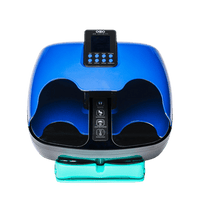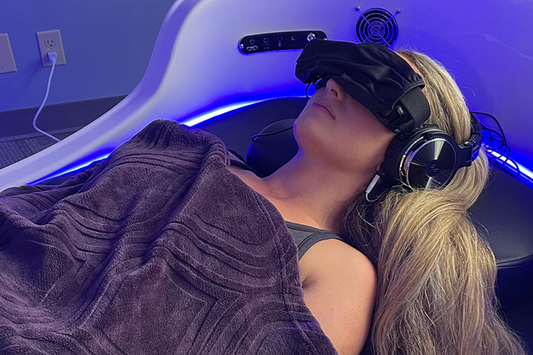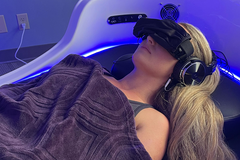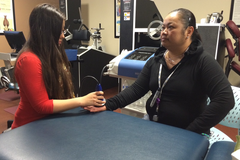Everybody who wants to get in shape can benefit from tracking their progress. With the advent of technology, fitness apps are designed to track of our gains, encourage, and guide our exercise routines. They can also be motivational, linking us to others who have the same fitness goals. But fitness apps offer so many options it’s easy to get overwhelmed.
How do you choose a fitness app to help you reach your health objectives?
Picking the Right Fitness App for Your Needs
The first step to deciding which fitness app to use is identifying your specific needs and goals. Ask yourself these questions:
- Do you want to monitor the foods and nutrients you consume in a day, or are you interested only in losing weight?
- Do you need to learn exercise routines, and if so, would you prefer videos or audio-only instructions?
- Do you need encouragement and coaching?
- Is your goal to build muscle and shape your body?
- Do you plan on walking, running, or both?
These questions are essential because fitness apps usually perform one or two functions well, with others added on that are not a part of the overall package.
An app’s price can also be a consideration. Few fitness apps are entirely free, and most offer a free tier of service, with added features available for a paid subscription or flat fee.
Types of Fitness Apps
The following apps stand out in their classes. All ratings are based on a 5-star scale.
Calorie Counters
Keeping a healthy weight is a vital piece of the fitness puzzle, and a calorie counter app can help you do that. After all, everyone knows that to lose weight, you must eat fewer calories than you burn, but it’s difficult to keep notes and guesstimate, especially when you’re eating out.
The best calorie counters shine in these situations. Not only do they keep up with how many calories you are eating, but they also give you information about the nutrients you’re getting from your meals. A top-notch calorie counting app will keep track of the foods you eat and provide comprehensive databases to look up items by ingredients, whole meals, available items from restaurants, and even dishes from chain restaurants.
The best calorie counter and nutrition database is MyFitnessPal. MyFitnessPal consistently ranks at the top of the lists of the best calorie counting apps. MyFitnessPal has a database of 11 million foods, adding more items daily. The database gives comprehensive information about a food or food ingredient’s calorie count and nutritional value, broken down by macronutrients, such as carbohydrates, proteins, fats, and so forth.
It’s also got loads of impressive features that add a lot of functionality, including a barcode scanner that lets you scan any food labeled with a standard barcode. If an item doesn’t have a barcode, you can check the database manually.
Unlike many weight management/weight loss apps, the free version of MyFitnessPal has some useful and fully functional tools, like calorie and food tracking, exercise and fitness management, and weight tracking. If these tools are sufficient for your purposes, you will not need to buy the complete package.
MyFitnessPal has a 4.7 out of 5 rating at the iOS App Store and a 4.4 rating at Google Play.
Workout Apps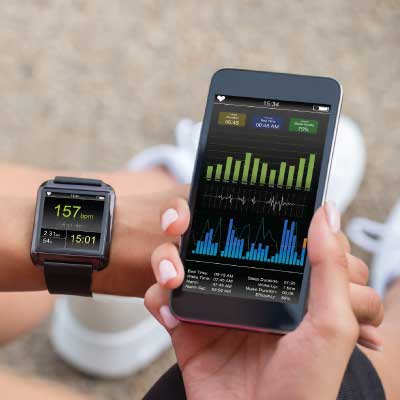
-
Fitness Buddy. Fitness Buddy calls itself a “virtual personal trainer.” Fitness Buddy provides nutritional support and advice while teaching you hundreds of different workouts you can do at home or the gym. All exercises come with instructional videos, and Fitness Buddy also provides you with personalized recipes and meal plans.
Fitness Buddy is also a trainer and tracker for weightlifting and has routines for beginners and more advanced lifters. Fitness Buddy has an Android rating of 4.1 and an iOS rating of 4.8.
-
30 Day Fitness at Home gives you instructional videos for hundreds of exercises you can do at home with no special equipment. The only equipment you need is your body weight. The app records your progress, helps you increase your workout intensity levels, and provides targeted workouts based on body areas, including abs, glutes, and a full-body fitness challenge.
30 Day Fitness syncs data with wearables like the Apple Watch and Google Fit. It has an iOS rating of 4.9 and an Android rating of 4.8.
Apps for Runners, Swimmers, and Cyclists
- The ASICS Runkeeper helps runners set personalized goals, track their runs, and collect statistics on their performance. The app has customizable running plans and motivational challenges. It also allows users to connect to virtual running support groups to get that all-important inspiration and motivation to achieve their goals. ASICS Runkeeper has an Android rating of 4.4 and an iOS rating of 4.4.
- Strava: Track Running, Cycling & Swimming is an app that relies on GPS measurements to help fitness fans who split their exercise routines across multiple modalities. This app includes running, cycling, and swimming, allowing users to track their distances, times, pace, burst speed, and so forth. Strava’s app also provides distance improvement routines targeted at training for distance events, like marathons. Strava earns a 4.5 rating at Google Play and an iOS rating of 4.8.
Do Fitness Apps Work?
Fitness apps can be effective at getting people up and moving. They’re great at measuring steps taken, distances covered, providing instructional videos, and connecting users to online virtual support groups to cheer for each other.
That said, the only biometric measurement fitness apps have been consistently accurate on is a person’s heart rate. Other metrics may have occasionally been correct, but not reliably so.
Beware of any general fitness app that claims to accurately and reliably measure how many calories you have burned, your cardiac rhythm, or other medical measurements. Although some wearable devices and apps measure, record, and analyze sophisticated and comprehensive health metrics, they are sold as medical diagnostic equipment, not commercial fitness apps or wearables.

